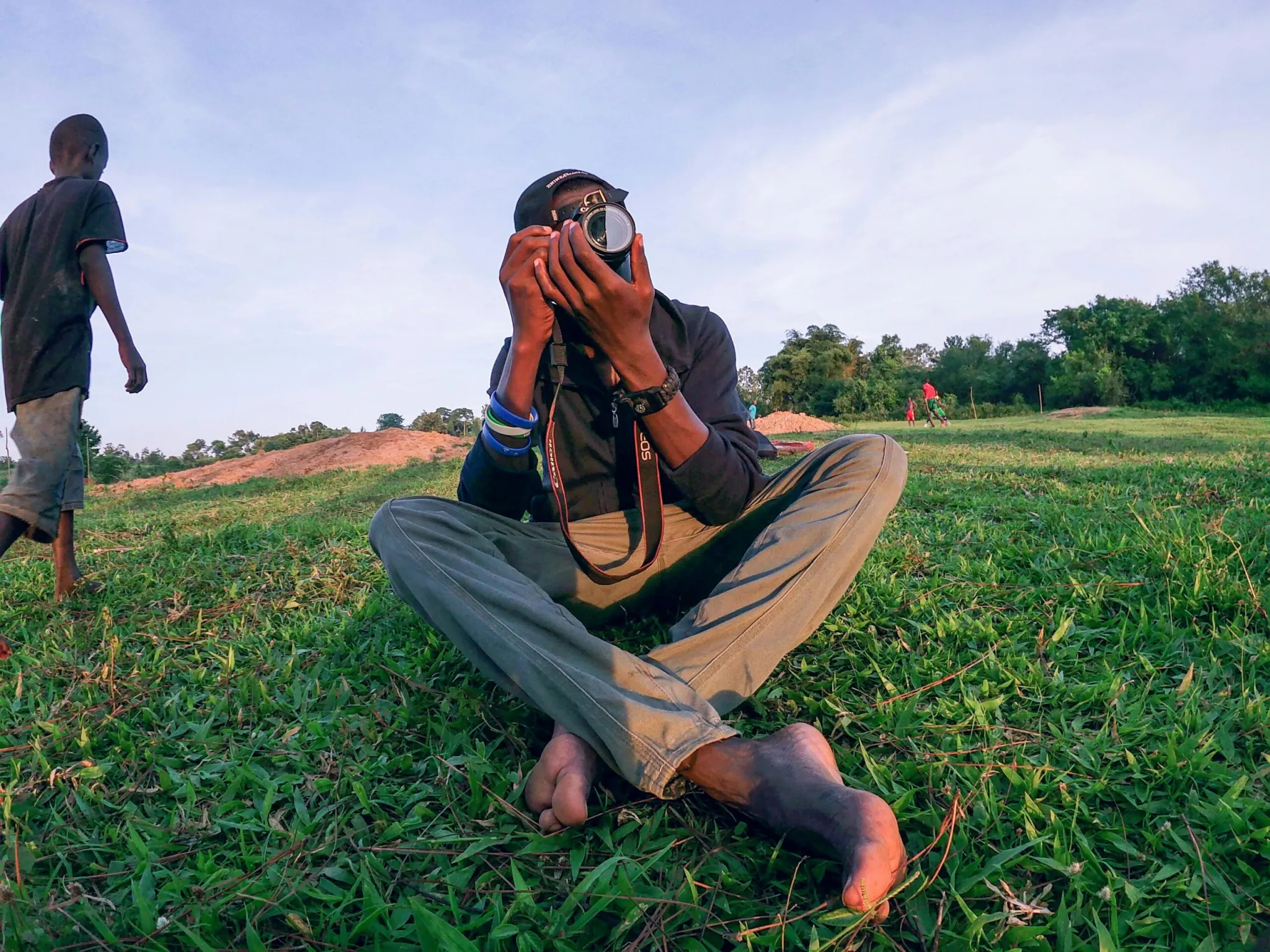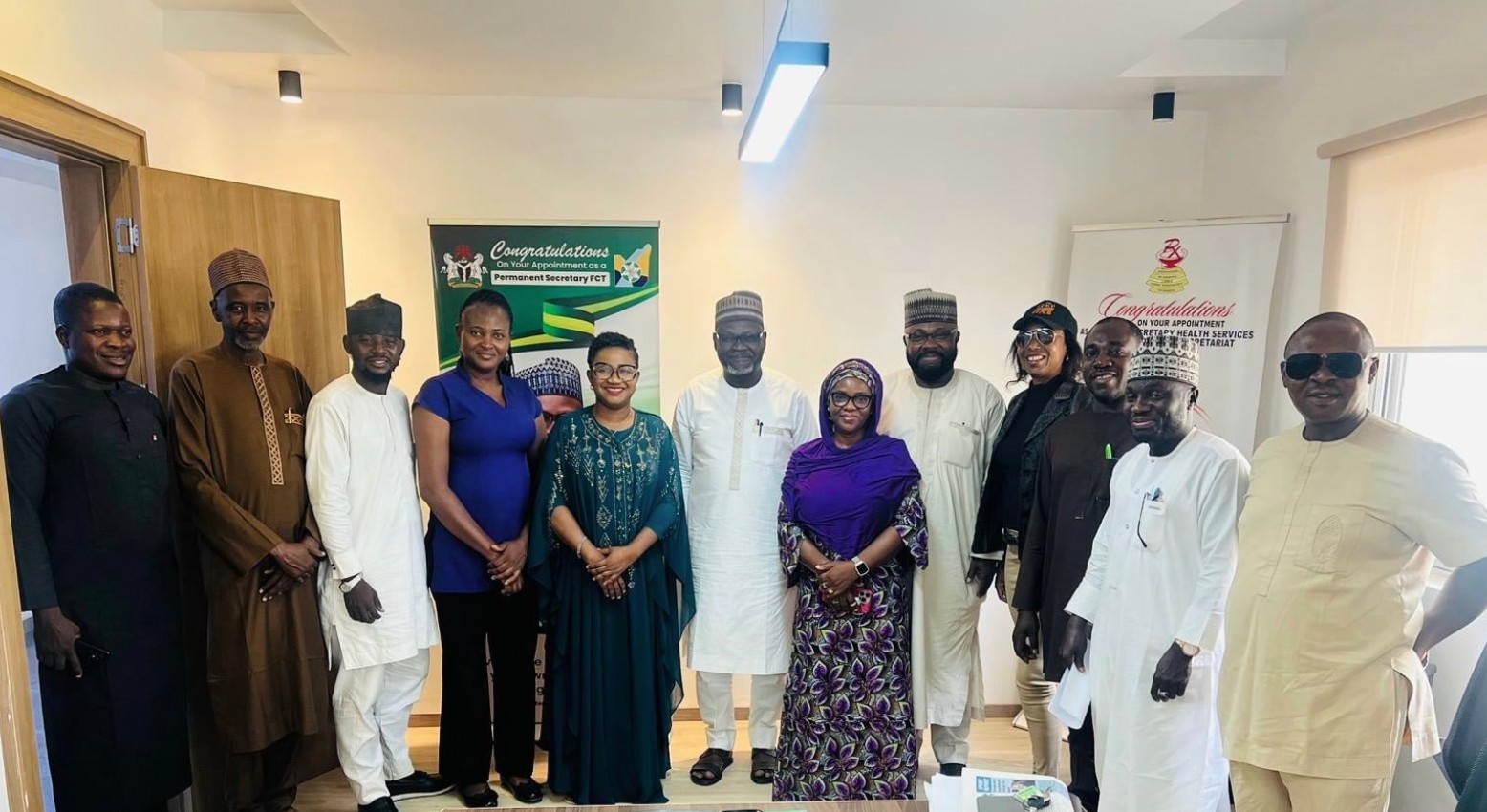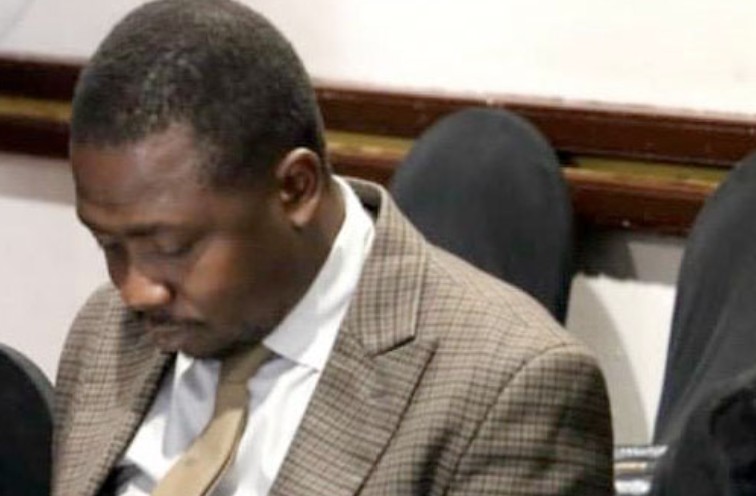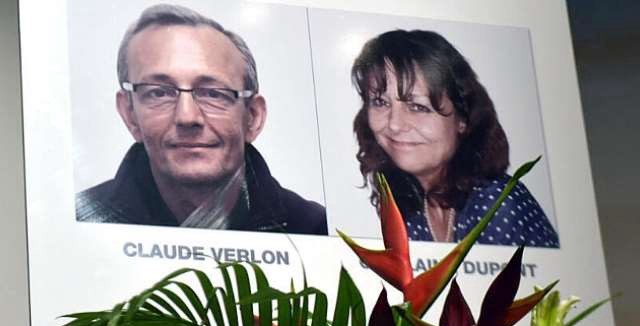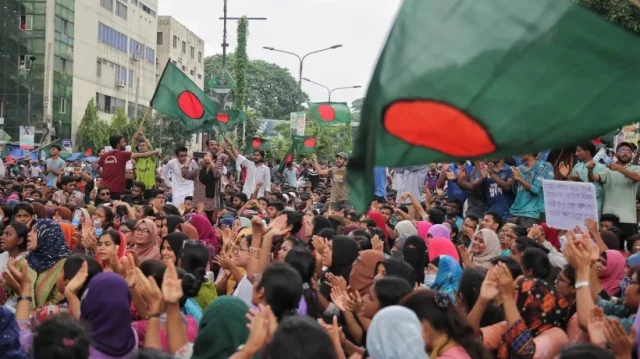
Mobile Journalism Training Empowers Journalists Injured in July Uprising
September 8, 2025
Harnessing a Global Collaboration: How Investigative Journalists Unite to Fight Corruption
September 8, 2025September 08, 2025 – Africa –
In an illuminating exploration conducted by journalism scholar Meagan Doll, journalists across East Africa articulated their understanding of peace journalism through two distinct lenses. Some framed it as a philosophical practice—an orientation toward storytelling that emphasizes nonviolent responses to conflict, promotes understanding of structural causes, and elevates human experiences amid crisis. Others saw it as a practical toolkit, yielding concrete methods for framing stories more constructively in their daily reporting.
Peace journalism, as a broader concept, was conceived to correct biases common in traditional war coverage—biases that often overemphasize violence and polarization while neglecting root causes of unrest and human agency. It aims instead to present conflict with a balanced context, highlighting opportunities for peace and nonviolent alternatives.
In Doll’s East African interviews, journalists who embraced a practical approach valued peace journalism not merely for its ideals but for its tangible benefits: they used it to build professional networks, bolster journalistic skill sets, and fulfill social expectations of media serving their communities. Many saw peace journalism training as an opportunity to sharpen both content and credibility—beyond reporting conflict, it offered ways to contribute to societal healing and cooperative storytelling.
Context also plays a vital role. In regions where journalists identify as interventionist or developmental, there is a natural affinity toward peace journalism’s collaborative ethos. These professionals view peace-centered reporting as consistent with their broader societal mission of fostering reconciliation and constructive engagement.
However, the adoption of peace journalism remains contingent on practical constraints. Organizational pressures—tight deadlines, limited resources, and entrenched news routines—often hinder deeper, contextualized reporting. Journalists repeatedly noted that these structural factors could undermine their ability to fully embrace peace journalism values.
In synthesis, peace journalism in East Africa is both an ethical aspiration and a pragmatic choice. For some, it represents a worldview—a pathway toward journalism that heals rather than inflames. For others, it is a set of tools for navigating coverage in conflict zones more responsibly. Ultimately, this dual understanding underscores peace journalism’s adaptability—and its potential to catalyze more resilient, context-aware media practices in the region.
Reference –
What Does Peace Journalism Mean to Peace Journalists in East Africa?

